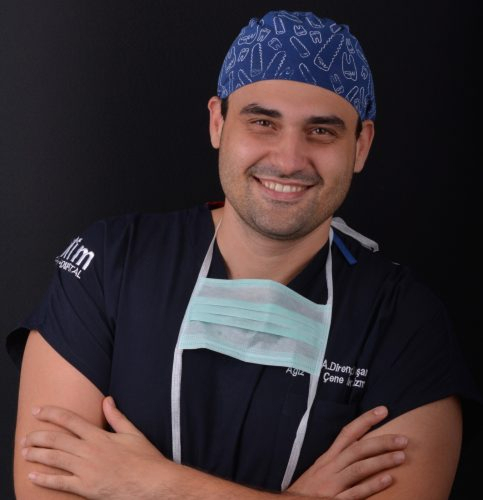
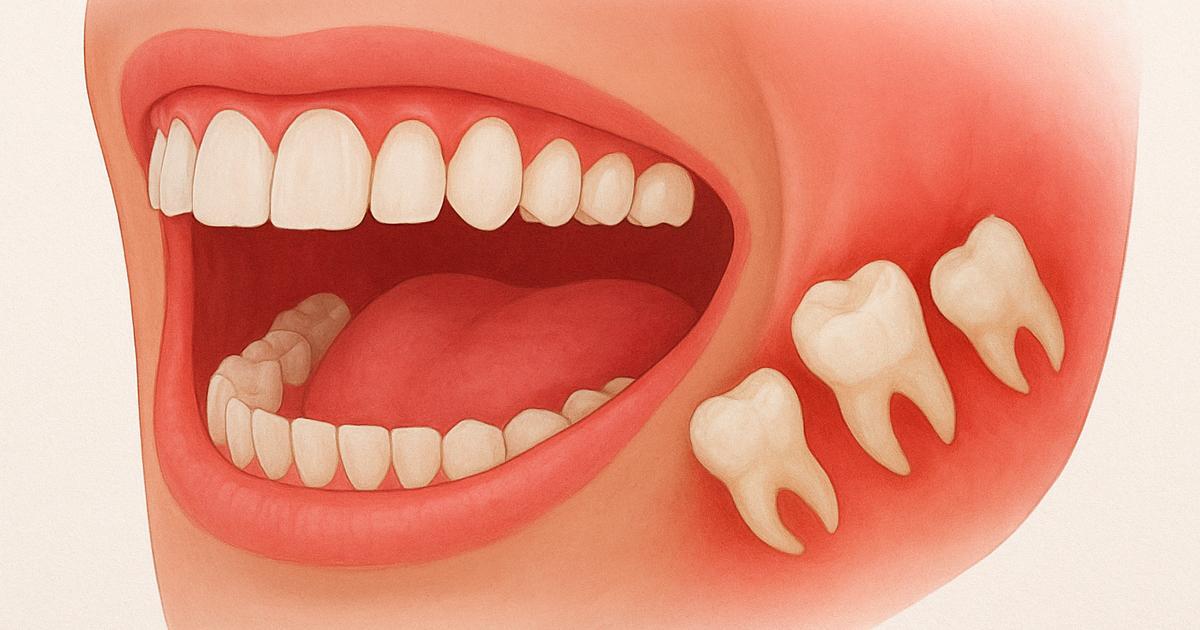
“Will my lip stay numb if I have my wisdom tooth removed?”
“My X-ray shows the tooth is very close to the jaw nerve, what will happen?”
“Should I find an oral surgeon in Bursa and have it removed with piezosurgery?”
These are some of the most common questions we hear nowadays about wisdom teeth. Especially in lower impacted cases, when the roots of the tooth are close to the mandibular nerve (inferior alveolar nerve), both patients and dentists naturally become more concerned.
In this guide, we will explain—clearly but scientifically—
Lower wisdom teeth often sit right above—or very close to—the mandibular canal. This canal carries the inferior alveolar nerve, responsible for sensation in the lower lip, chin, and some lower teeth.
In some individuals:
When someone says “my wisdom tooth is too close to the jaw nerve,” this is what they mean. The closer the roots are to the nerve, the higher the potential risk of:
This can increase the possibility of temporary or permanent numbness.
An impacted tooth is one that has not fully erupted into the mouth and remains partially or completely covered by gum or bone. Wisdom teeth have the highest rates of impaction.
Impacted teeth may be:
Deeply impacted and horizontally positioned lower wisdom teeth are frequently located very close to the mandibular canal. This is why these cases fall under “high-risk” categories in oral surgery.
Thus, when planning wisdom tooth removal in Bursa, the key question is not only
“Is my tooth impacted?”
but also:
“How close is my impacted tooth to the nerve?”
One of the most feared complications after lower wisdom tooth surgery is paresthesia—numbness, tingling, reduced sensation.
This numbness can appear in:
There are two main categories:
Usually caused by stretching, swelling, or mild pressure on the nerve. This typically improves over days to weeks, and sometimes over a few months.
Caused by severe nerve injury, crushing, or accidental sectioning. This is extremely rare but can affect quality of life.
In scientific literature:
These rates vary depending on case difficulty and the surgeon’s experience.
Key point:
Risk cannot be reduced to zero, but with skilled surgical planning, it can be greatly minimized.
Most patients in Bursa begin with a panoramic X-ray. This is good for an overview but not sufficient to evaluate nerve proximity in 3D.
A CBCT (cone-beam computed tomography) scan is valuable when:
CBCT provides:
For this reason, when a patient hears “your wisdom tooth is close to the nerve,” a CBCT evaluation by an experienced oral surgeon in Bursa is one of the safest approaches.
When the nerve is involved, the surgeon must have:
A skilled oral surgeon will not remove every impacted tooth automatically. Instead, they consider:
Choosing “the closest clinic” is not always the right answer—experience and surgical philosophy matter more.
Traditional bone removal uses burs and drills. This method works and remains widely used.
Piezosurgery, however:
Studies show that piezosurgery:
Therefore, many oral surgeons in Bursa now prefer piezosurgery for nerve-adjacent cases.
Piezosurgery lowers risk
but
cannot eliminate it completely.
Early symptoms such as tingling, reduced sensation, or “cotton-like” feeling are common in nerve-close cases.
General progression:
Warning signs that require follow-up:
In such cases, your oral surgeon should reassess you immediately.
These questions help establish clarity and trust.
Q: My impacted tooth is close to the nerve—does that mean I will get numbness?
No. Proximity increases risk but does not guarantee nerve injury. Skilled surgical planning greatly reduces risk.
Q: If piezosurgery is used, does the risk disappear?
No. Piezosurgery provides better soft-tissue protection, but zero-risk surgery does not exist.
Q: If I get numbness, is it permanent?
Most cases are temporary and improve. Permanent numbness is very rare.
Q: My impacted tooth doesn’t hurt. Should I still remove it?
Not always. Some impacted teeth remain silent; others cause cysts, bone loss, or decay in adjacent teeth. Evaluation is necessary.
Q: Is it hard to find an oral surgeon in Bursa?
No, but choosing one with experience in nerve-risk cases and access to CBCT + piezosurgery is important.
If you are thinking:
then your first step should be a consultation with an experienced oral surgeon.
The safest surgery is the one that is well-planned and skillfully executed.
To maintain the brilliance of your Hollywood Smile, regular dental checkups, good oral hygiene, and avoiding staining habits are essential. Follow these steps to preserve your smile for years: protect your teeth, schedule touch-ups, and ensure long-lasting beauty with professional care.
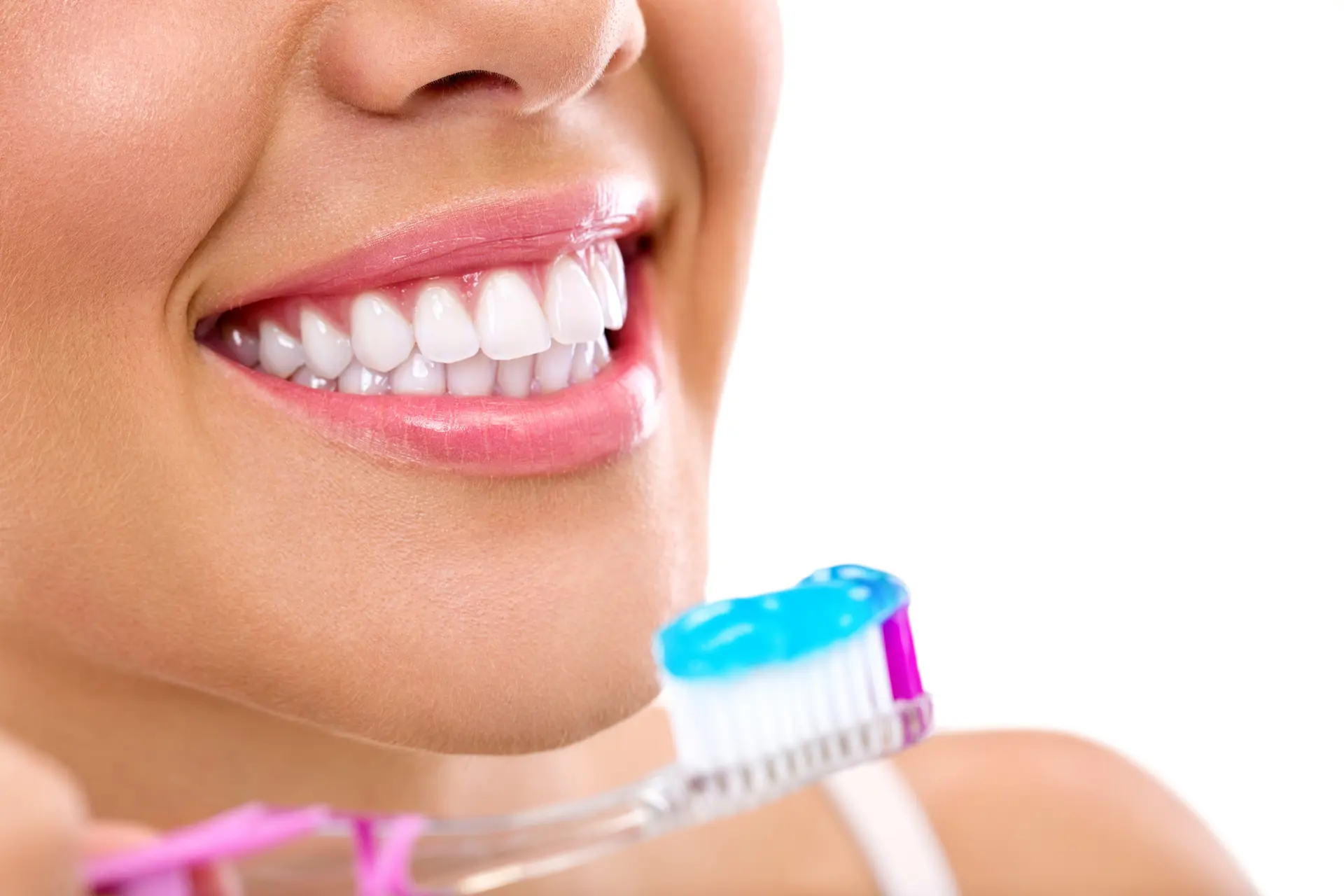
Turkey is a top choice for health tourism, offering affordable dental care and luxury travel experiences. In Bursa, patients enjoy expert treatments like implants and veneers, along with historical attractions and thermal spas.
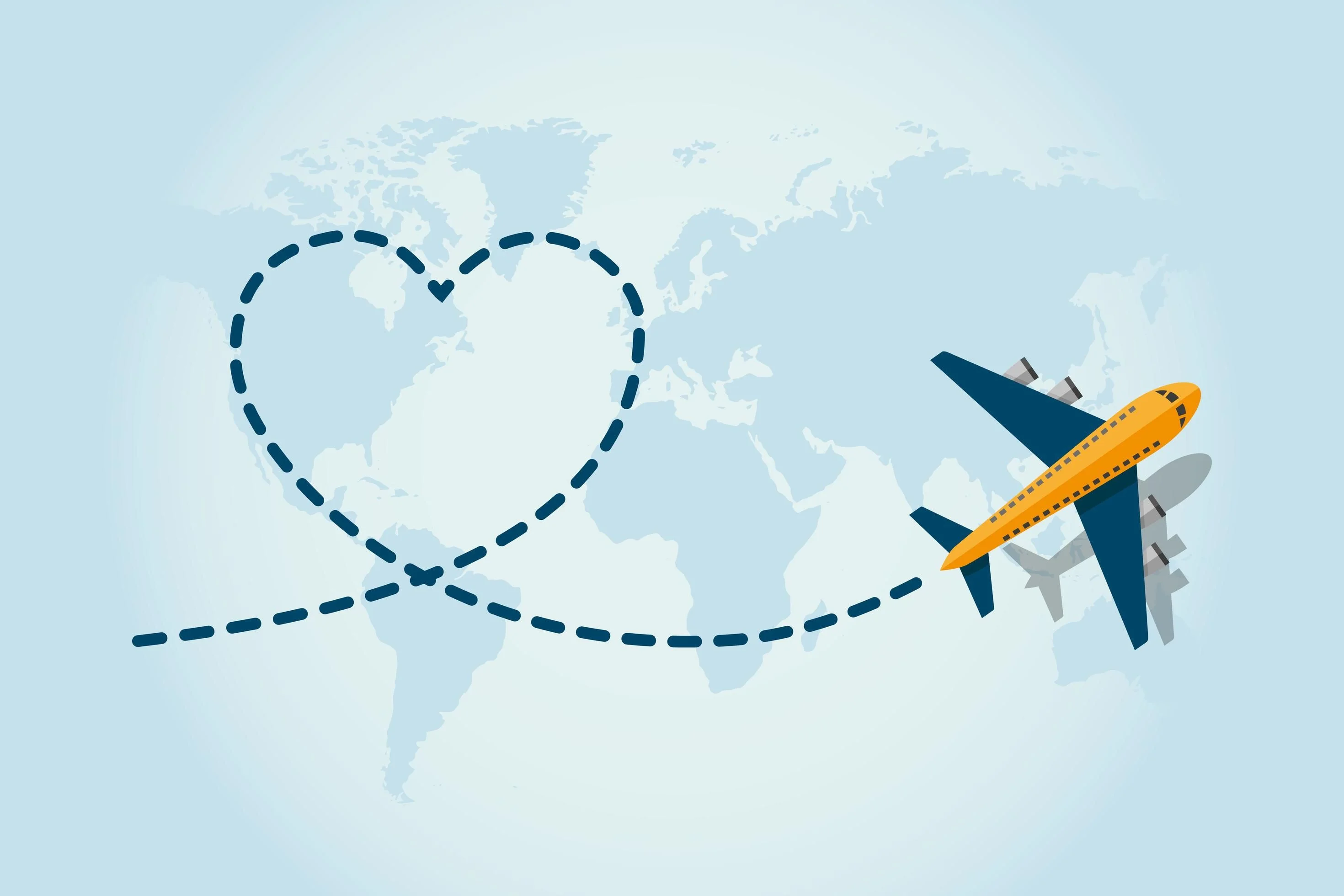
Health tourism in Turkey is booming — and for good reason. Patients from all over the world are drawn to the promise of high-quality dental treatments at affordable prices. But choosing the right clinic goes beyond the cost. You deserve expert care, transparent pricing, and an unforgettable experience. That’s where Milim Dental in Bursa stands out as your best option.

Milim Dental Hospital isn't just a clinic—it's where confident smiles begin. With a team of world-class specialists, advanced technology, and a patient-first approach, we turn dental care into a premium experience.
We prioritize hygiene, comfort, and tailor-made treatments designed just for you. Don’t just take our word for it—explore real stories from real patients.
Your perfect smile starts here. Join the Milim experience.
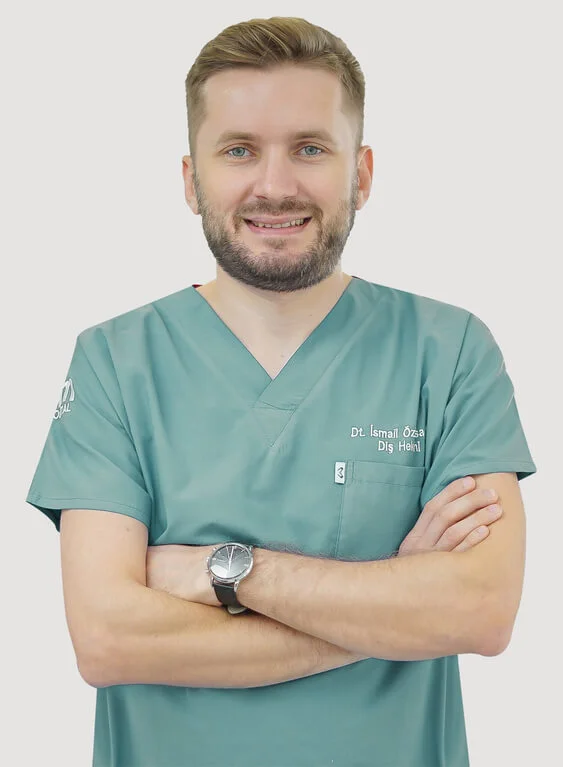



Milim Dental Hospital provides comprehensive dental services in a spacious 1,000 m² facility, supported by a wide team of dental professionals including specialists in Oral and Maxillofacial Surgery, Prosthodontics, Orthodontics, Pediatric Dentistry, and Periodontology.
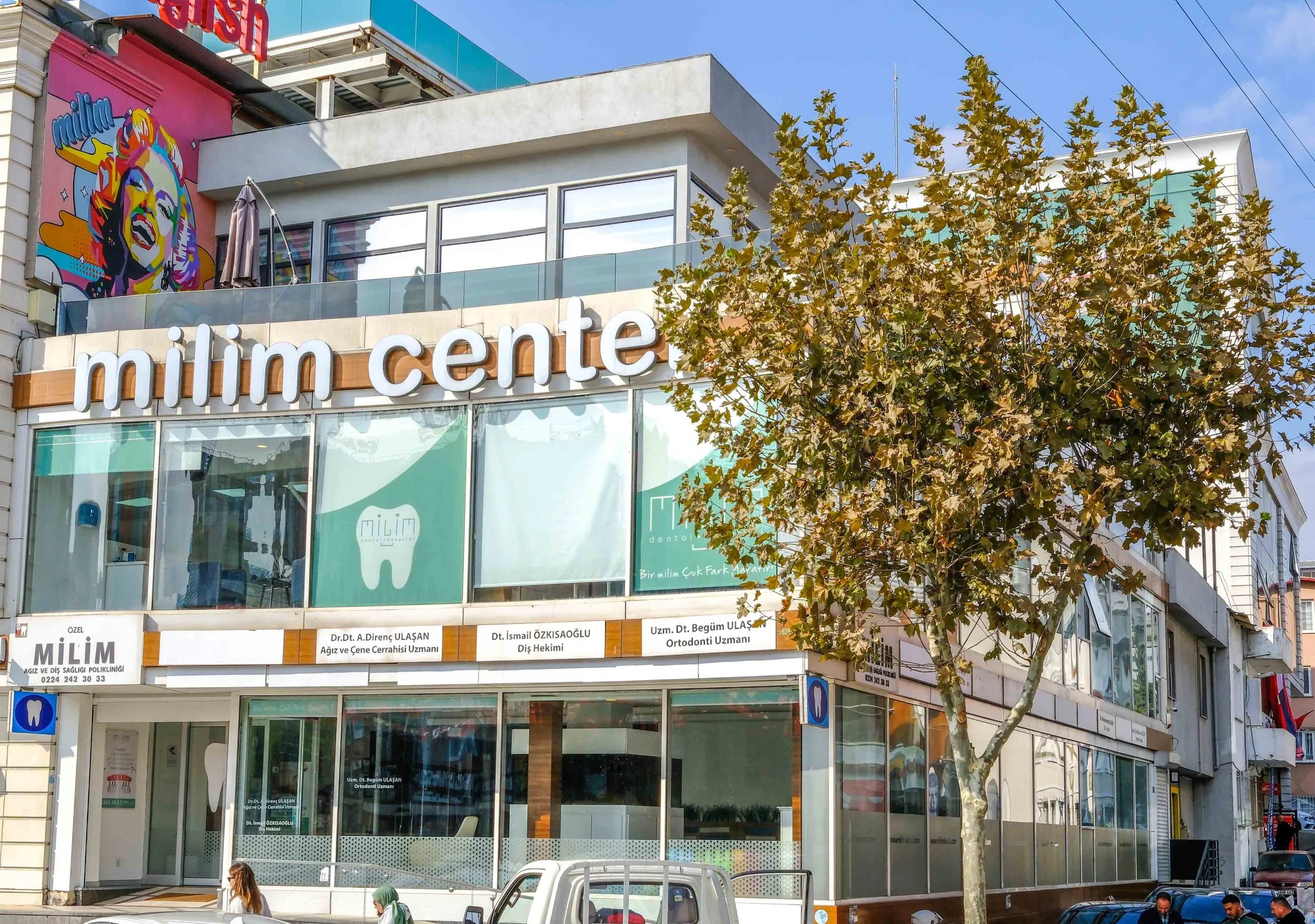
Would you like to see real patient results? Feel free to explore our Case Gallery!